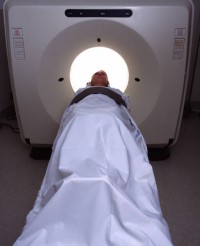
Coffee or tea? Whichever side of the beverage debate you stand on, you’ll be pleased to know that both popular beverages offer health benefits that may help prevent certain types of cancer. If you are already fighting cancer, substances in coffee and tea may boost your immune system and improve mind-body function, enhancing your ability to cope with the stress of having cancer.
Here’s a rundown on the latest findings (some findings are preliminary or based on small samplings, but all offer provocative avenues for further research):
Coffee. If you’re one of those people who can’t get their motor revving in the morning without a jolt of java, you’ll be happy to know that your morning cup of coffee comes with quite a few unsuspected benefits. If coffee gives you heartburn, try a darker roast. A substance in dark roast coffees inhibits the production of stomach acid. Just remember; as in all things, moderation is the key. The benefits listed are based on consumption of 2 to 4 cups of coffee per day.
- Skin cancer. Just one cup of coffee a day may lower melanoma risk by 11%. Coffee may also aid cell repair and help the body absorb harmful ultraviolet rays, decreasing skin cancer risk.
- Endometrial cancer. Coffee decreases the body’s levels of estrogen and insulin which may help lower endometrial cancer risk.
- Mind-body benefits. Women benefit from coffee drinking more than men. Drinking 3 cups of coffee a day can lower women’s risk of depression by 15%. Drink a fourth cup of coffee and depression risk drops by 20%. Coffee also helps women cope with stress.
Next time: Tea benefits





